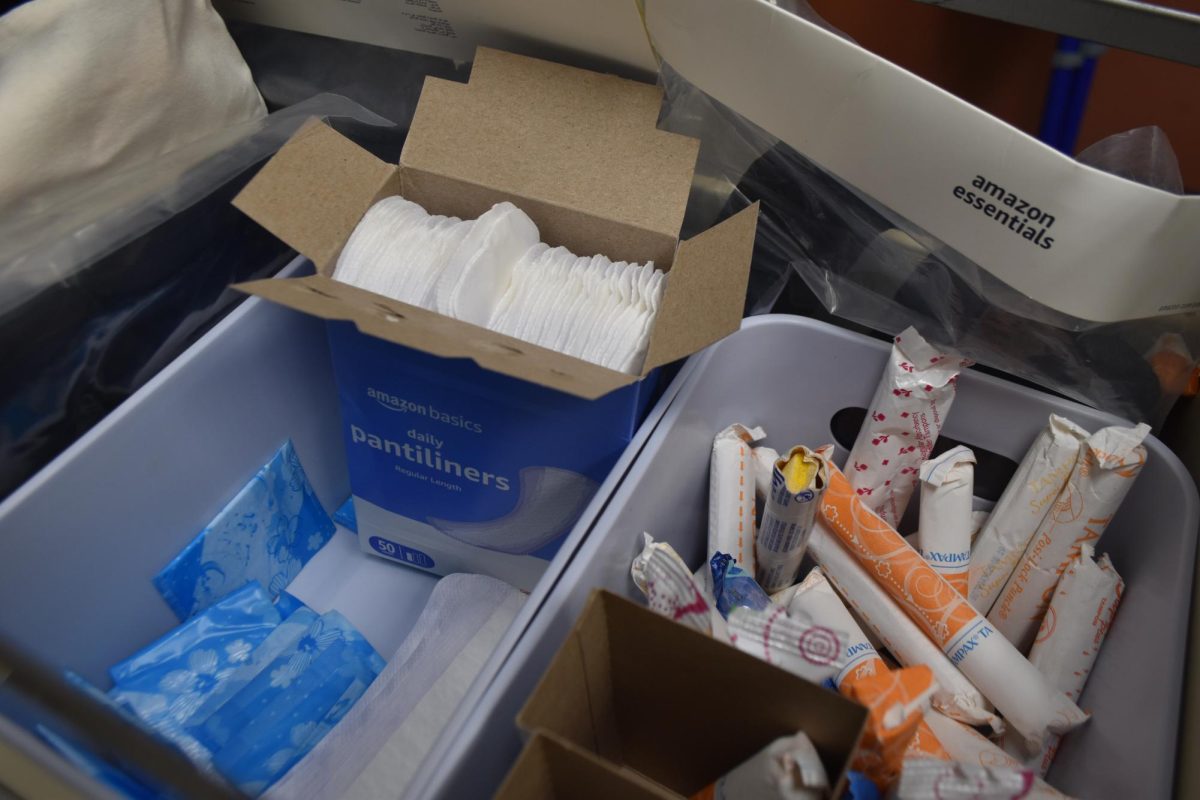The majority of teens agree that period products should be free, just like toilet paper, according to PERIOD, a global non-profit working to eradicate period poverty.
A grant available in Missouri plans to do just that.
“Starting in the 2022-2023 school year, every district in the State of Missouri was allotted money to spend on feminine hygiene products,” Diane Brown, Parkway Director of Health Services said. “The dollar amount was calculated using the number of girls in grades 6-12.”
Even though this development is relatively new, Central’s head nurse, Abby Dreyer, has already noticed changes in the system.
“Here in the nurse’s office, we received a huge package just full of feminine hygiene products that include a wide range of different sizes, so it’s no longer a ‘one size fits all’ situation,” Dreyer said.
Anne Sebert Kuhlmann, Ph.D., M.P.H., a professor of public health at Saint Louis University, could not agree more with this sentiment about a range of sizes.
“Having a variety is really important. Something I’ve noticed in my research is that schools tend to be heavily reliant on donations of period products which isn’t a very dependable resource,” Kuhlmann said. “The additional support of the grant, plus the donations will really help the consistency and type of products schools have.”
Kuhlmann has been researching period poverty since 2017 and worked abroad in northern Ethiopia to help the girls there with menstrual hygiene issues. Since her research has been so immersive, she has seen first-hand the changes that are taking place throughout Ethiopia.
“I’ve noticed a massive change in public discourse and general awareness. More organizations have started paying attention to this issue and caring about the impact of it all,” Kuhlmann said.
Somewhere that the awareness hasn’t changed though is school. PERIOD. found that 78% of teens say they learn more about the biology of frogs than the human female body in school. Along with this, over half of teens polled feel uncomfortable talking about their periods during school.
Sophomore Colleen Gardunia believes the school needs to create a more candid environment when it comes to discussing periods.
“If there was greater communication, and more people were aware of periods, I think that would help create a better and healthier community in school,” Gardunia said.
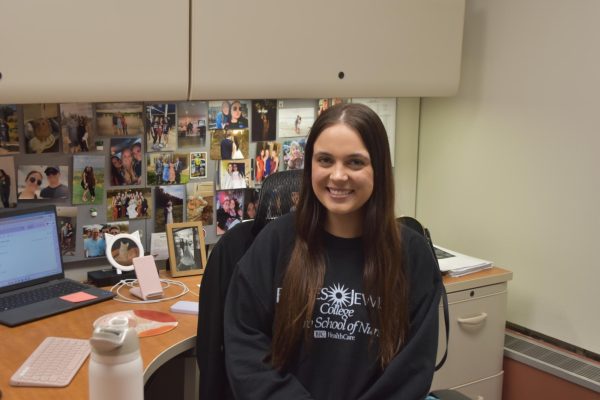
Once the grant is fully in motion, Dreyer describes how the tentative plan is to have the products put into the girls’ bathrooms, as well.
“Hopefully, in the next year or so people will start to see them on the bathroom counters. We want to make it as discreet and natural as possible for the students so they no longer have to ask someone, or be taken out of class,” Dreyer said.
Elle Wujcik, sophomore, looks forward to seeing this change because it simplifies things by a great deal.
“I think it’s just going to provide a better sense of security. Like if I forgot to take an extra pad with me, it’s okay because they have plenty of them in the bathrooms. It’s just a nice feeling knowing that they’re going to be free in this school,” Wujcik said.
As for the actual impact of this project, Kuhlmann expects great improvements in girls’ confidence when it comes to their menstrual health, especially based on her experience in Ethiopia and her aforementioned research.
“My research in Ethiopia recorded a 24% decrease in girls’ absences once the intervention of better product supply and communication happened,” Kuhlmann said. “So we clearly know it works but we are still waiting on data for the US because all these programs are very recent.”
Brown worked in school nursing for 24 years and she noticed the amount of help girls need when it comes to their periods.
“I observed the significant need to support our young female students as they navigate the physical, mental, and emotional changes of puberty. This accessibility enables students to attend school and feel confident that their personal hygiene needs will be taken care of,” Brown said.
More valued than the improvement in attendance and supply is tearing down the stigma that surrounds periods and all the undeserved negative connotations this word carries.
“This project, this grant, it goes beyond just absences, but also the effect this work has on girls’ and their sense of self– those things are more challenging to see in data but we are still working,” Kuhlmann said.
PERIOD. says 75% of the population has some adverse association with periods. Wujcik has no such problem. She grew up with a certain sense of pride when it comes to menstruation.
“My mom instilled in me like, don’t be ashamed of this. If you need anything, talk to your female teachers. And I did have to one time,” Wujcik said. “After she’d given me a tampon, my teacher said how glad she was that I felt comfortable asking her, so I’m grateful that my mom made it all less painful for me.”
While Wujcik may be comfortable with her period, as an individual, Gardunia shares her opposing view about the school, as a whole.
“I think that there is a fear of periods and talking about it at our school. So, we need to have more open discussion about periods, definitely,” Gardunia said.
This story was originally published on Corral on April 5, 2024.

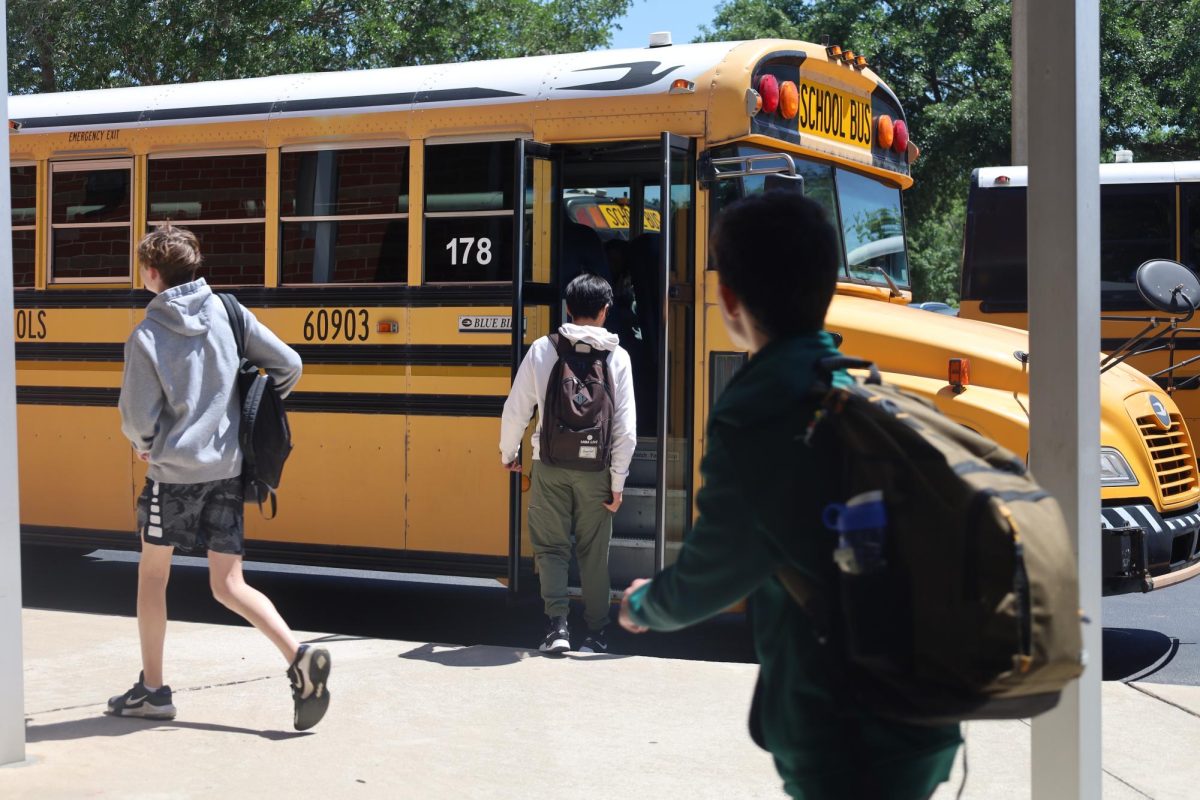
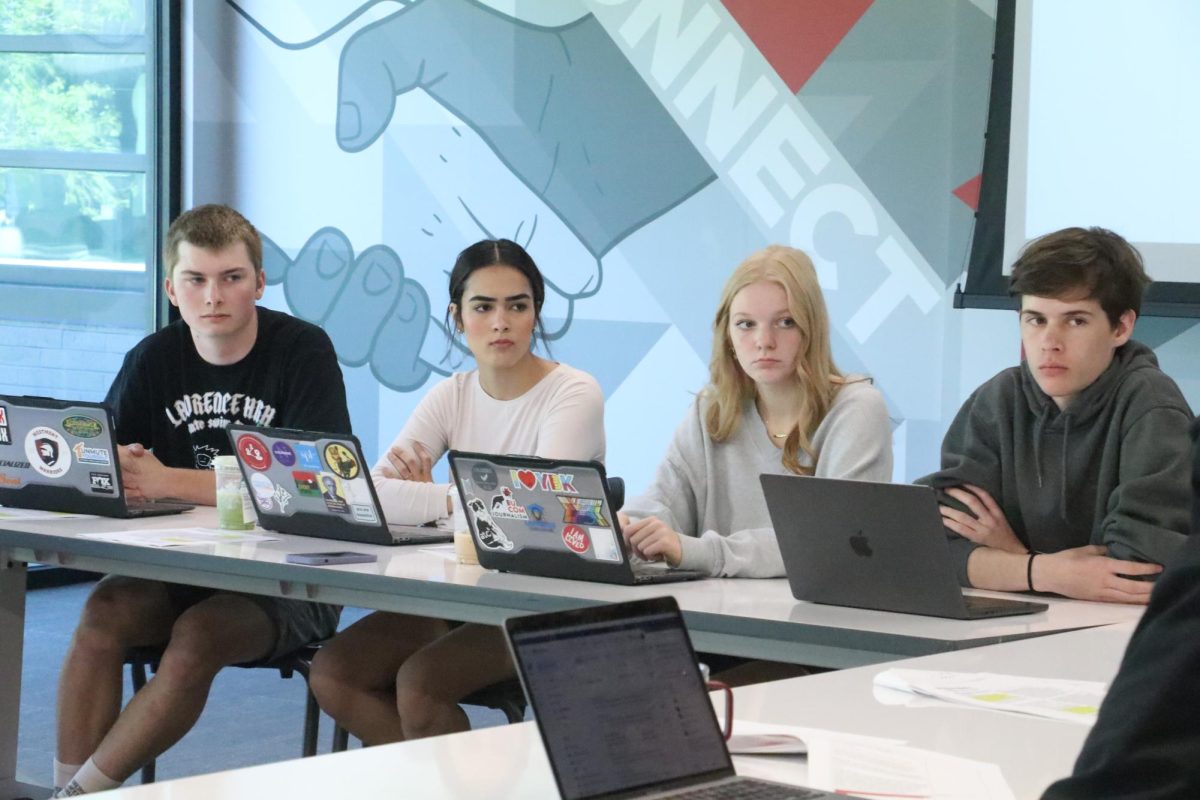
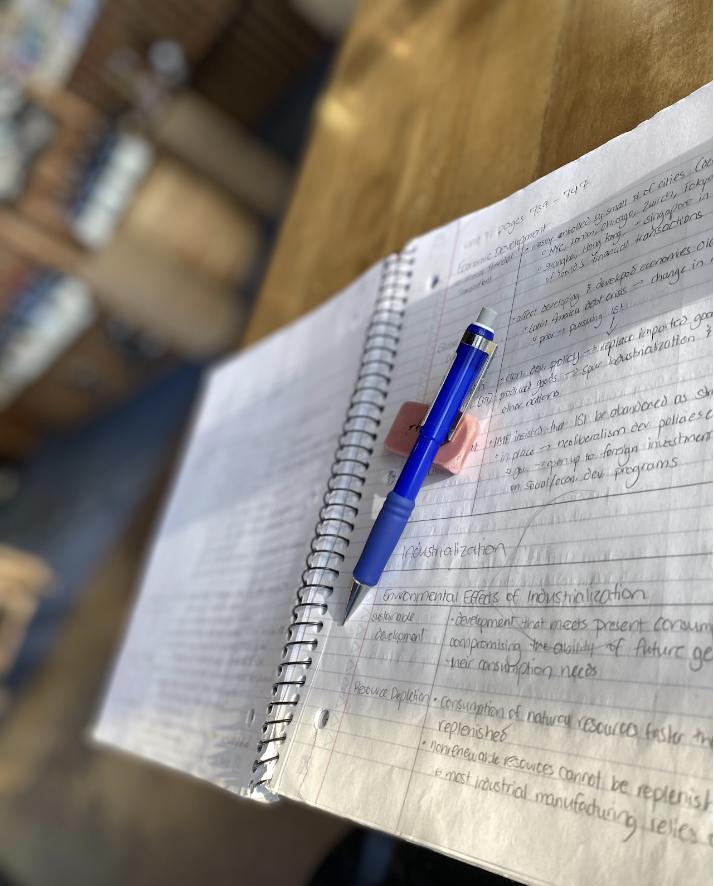
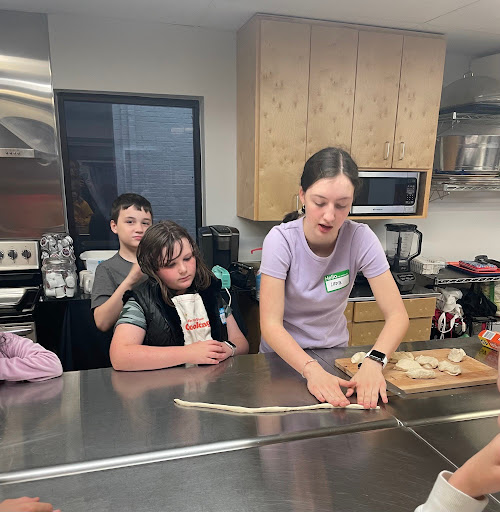
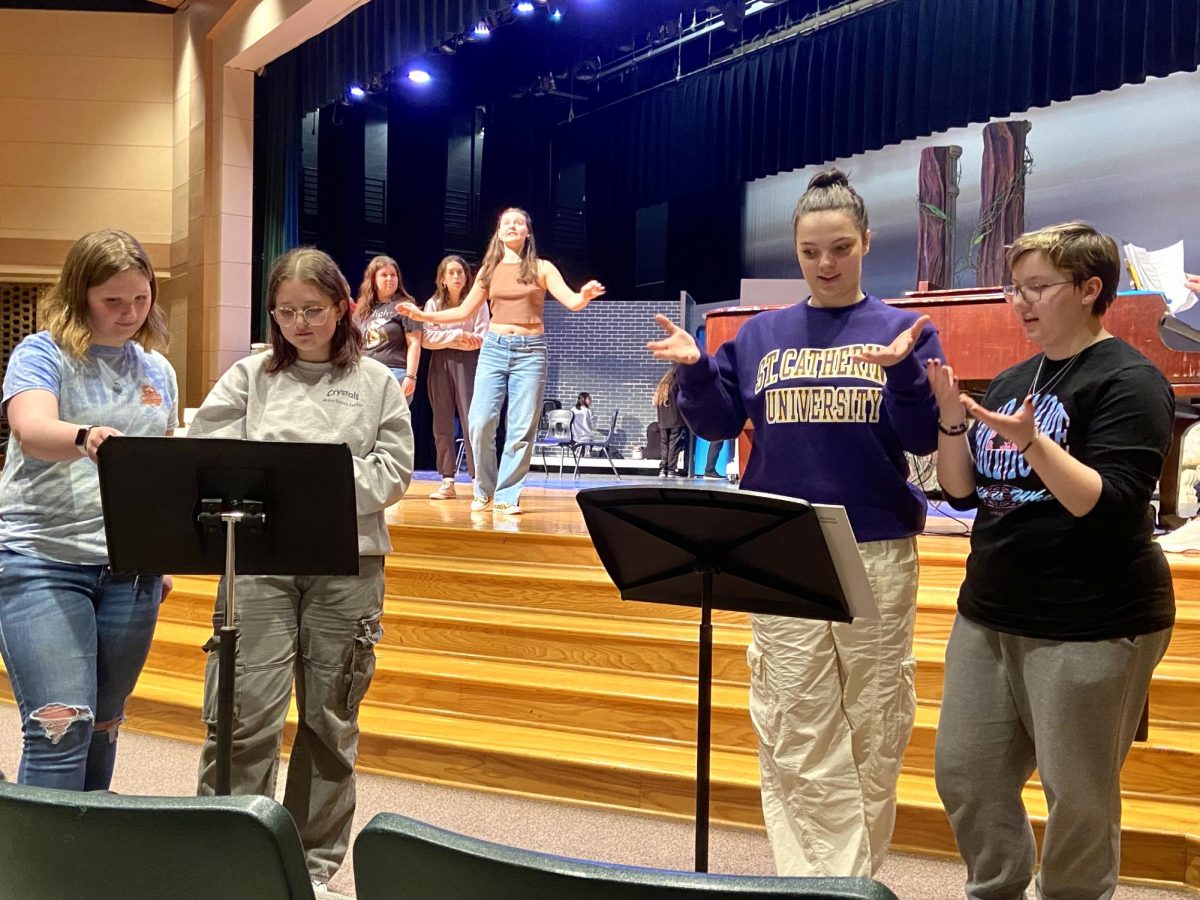
![It was definitely out of my comfort zone to get [the dress] and decide I loved it enough not to wait and risk not having something that memorable.](https://bestofsno.com/wp-content/uploads/2024/04/Precious_20180902_JRS_00008_ed1.jpg)


![Sophomore Sahasra Mandalapu practices bharatanatyam choreography in class. These new dances will be performed in an annual show in February. Mandalapu found that practicing in class helped her overcome stage fright during her performances. “When [I] get on stage, Im nervous Im going to forget, even though Ive done it for so long,” Mandalapu said. “Theres still that little bit of stage fright [when] I second-guess myself that I dont know it enough, but I do because Ive been practicing for a whole year.”](https://bestofsno.com/wp-content/uploads/2024/05/Sahasra-6-Large-1200x844.jpeg)

![In their full runway outfits, (from left) Audrey Lee 25, Olivia Lucy Teets, 25, Fashion Design teacher Ms. Judy Chance, and Xueying Lili Yang pose for a photo. All three girls made it to Austin Fashion Week by getting in the top 10 in a previous runway show held by Shop LC.
[I like my students] creativity and how they can look at a fabric and make it their own, Ms. Chance said.](https://bestofsno.com/wp-content/uploads/2024/04/IMG_9686-e1714088765730-1129x1200.jpeg)
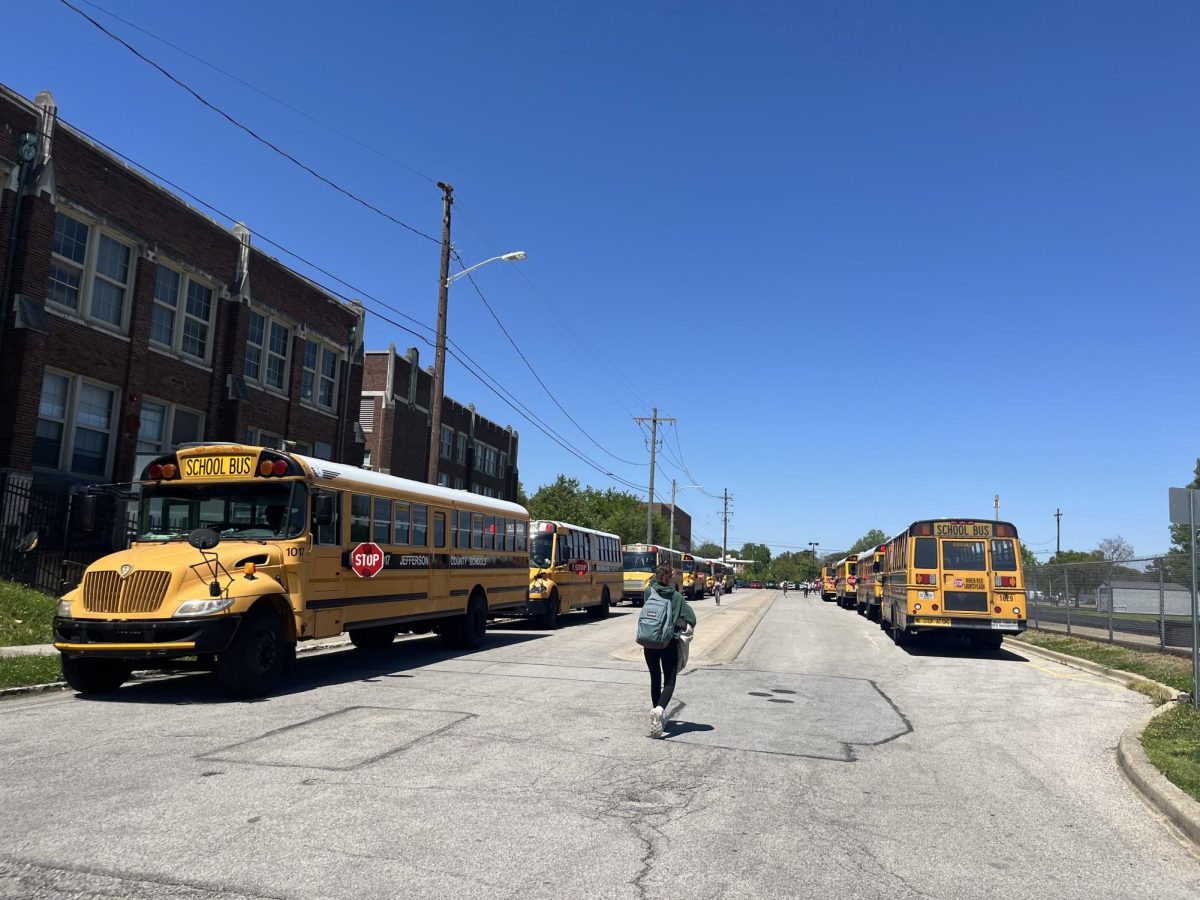
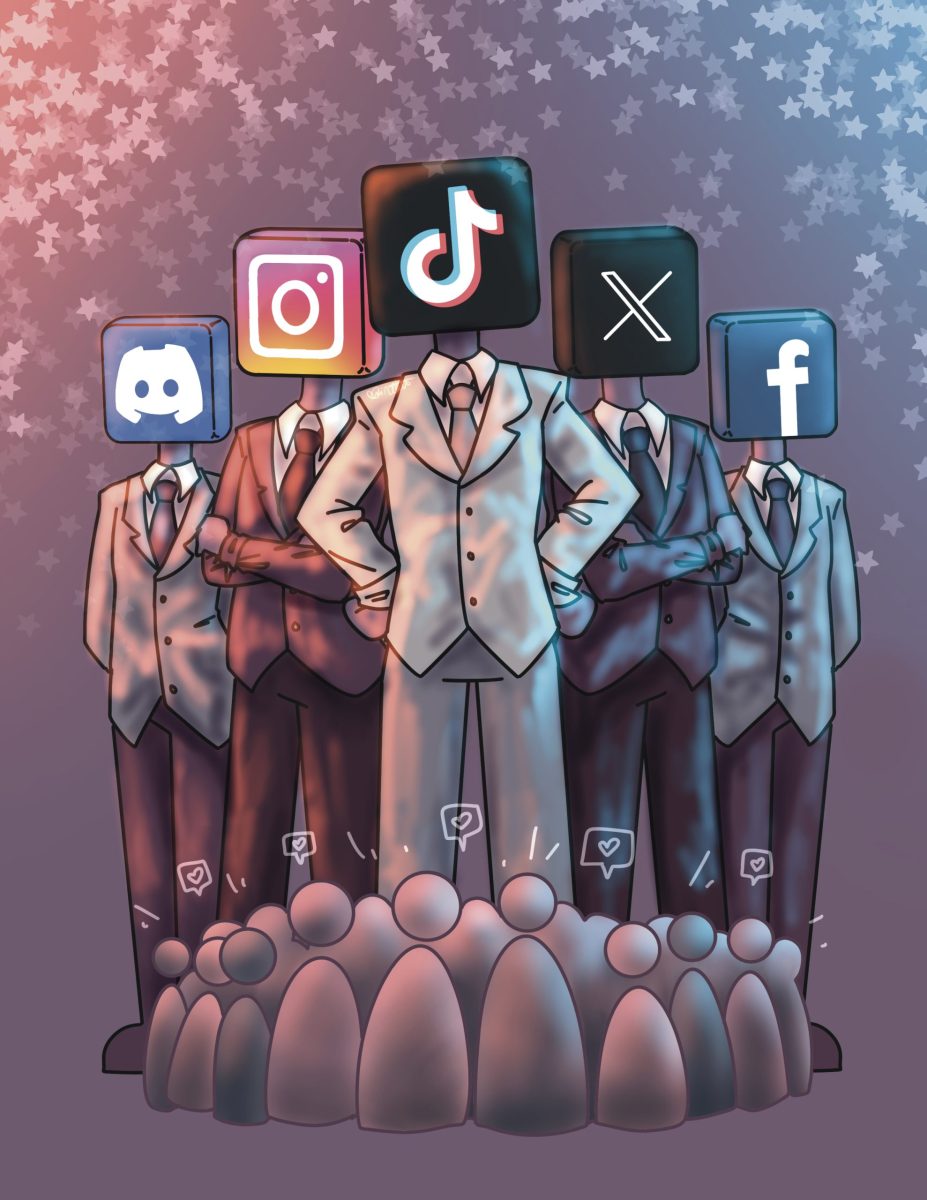



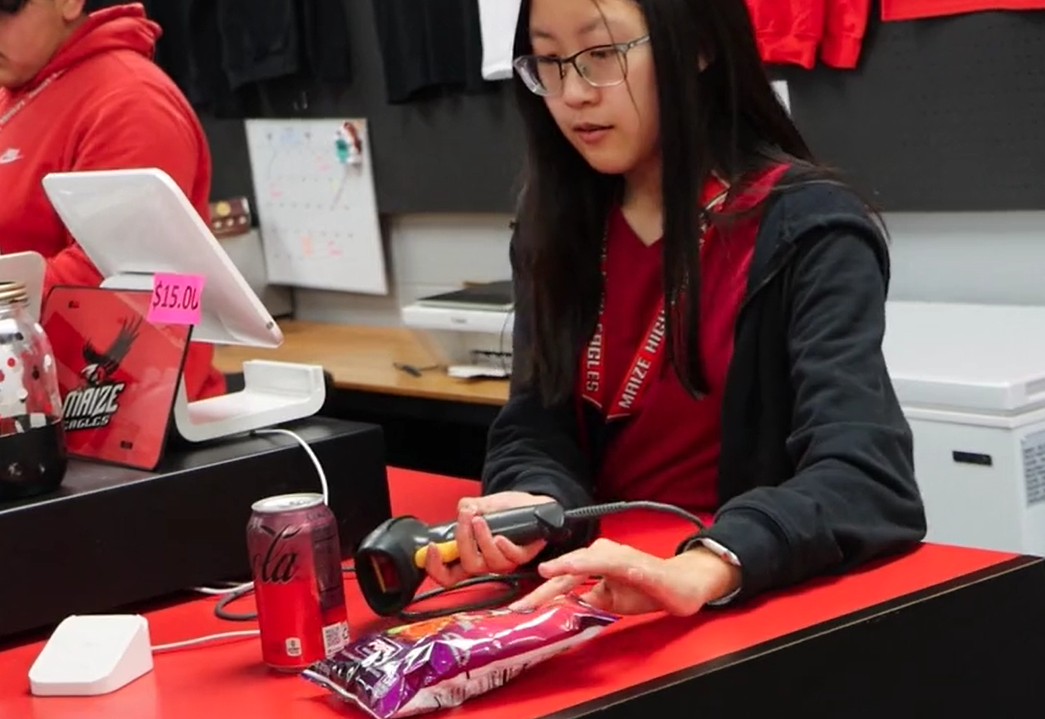
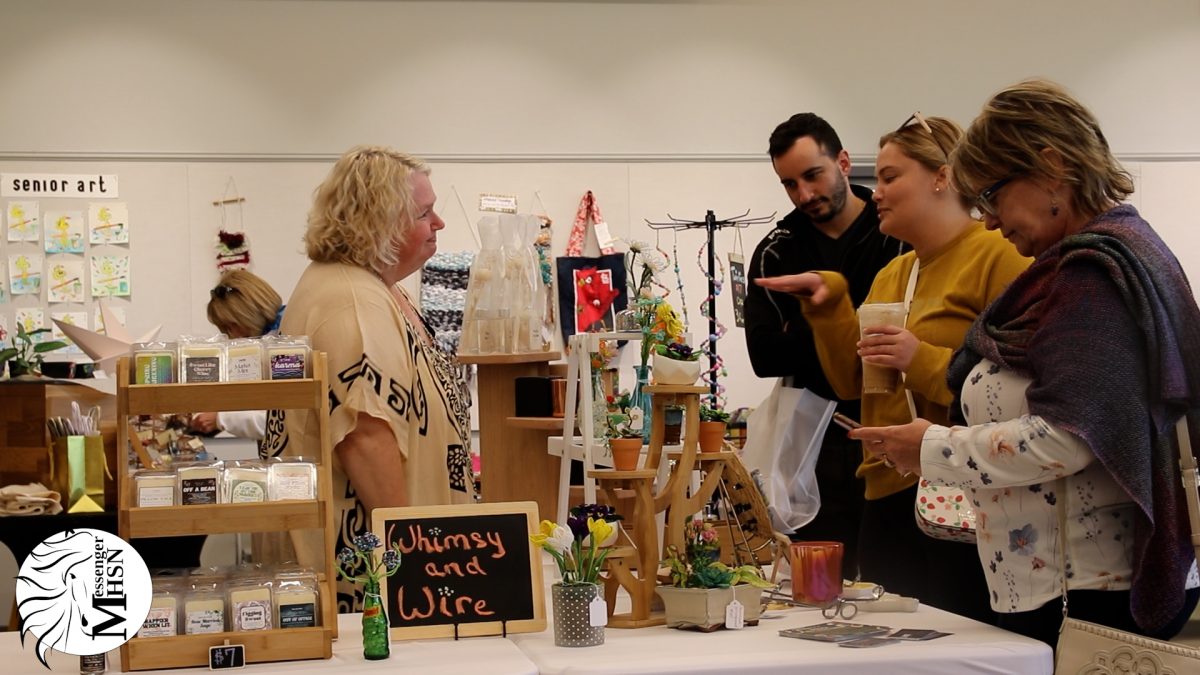







![IN THE SPOTLIGHT: Junior Zalie Mann performs “I Love to Cry at Weddings,” an ensemble piece from the fall musical Sweet Charity, to prospective students during the Fine Arts Showcase on Wednesday, Nov. 8. The showcase is a compilation of performances and demonstrations from each fine arts strand offered at McCallum. This show is put on so that prospective students can see if they are interested in joining an academy or major.
Sweet Charity originally ran the weekends of Sept. 28 and Oct. 8, but made a comeback for the Fine Arts Showcase.
“[Being at the front in the spotlight] is my favorite part of the whole dance, so I was super happy to be on stage performing and smiling at the audience,” Mann said.
Mann performed in both the musical theatre performance and dance excerpt “Ethereal,” a contemporary piece choreographed by the new dance director Terrance Carson, in the showcase. With also being a dance ambassador, Mann got to talk about what MAC dance is, her experience and answer any questions the aspiring arts majors and their parents may have.
Caption by Maya Tackett.](https://bestofsno.com/wp-content/uploads/2024/02/53321803427_47cd17fe70_o-1-1200x800.jpg)
![SPREADING THE JOY: Sophomore Chim Becker poses with sophomores Cozbi Sims and Lou Davidson while manning a table at the Hispanic Heritage treat day during lunch of Sept 28. Becker is a part of the students of color alliance, who put together the activity to raise money for their club.
“It [the stand] was really fun because McCallum has a lot of latino kids,” Becker said. “And I think it was nice that I could share the stuff that I usually just have at home with people who have never tried it before.”
Becker recognizes the importance of celebrating Hispanic heritage at Mac.
“I think its important to celebrate,” Becker said. “Because our culture is awesome and super cool, and everybody should be able to learn about other cultures of the world.”
Caption by JoJo Barnard.](https://bestofsno.com/wp-content/uploads/2024/01/53221601352_4127a81c41_o-1200x675.jpg)




